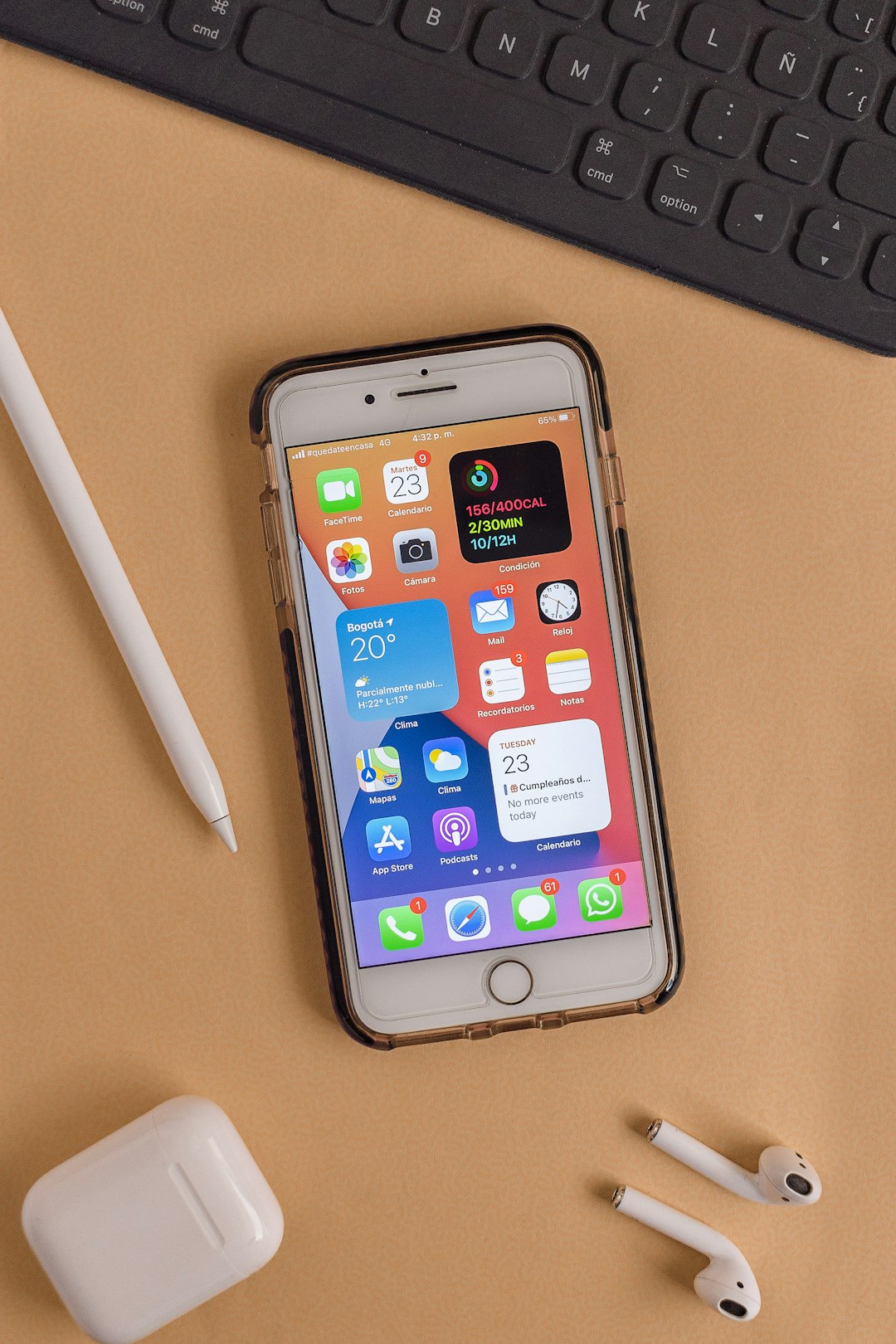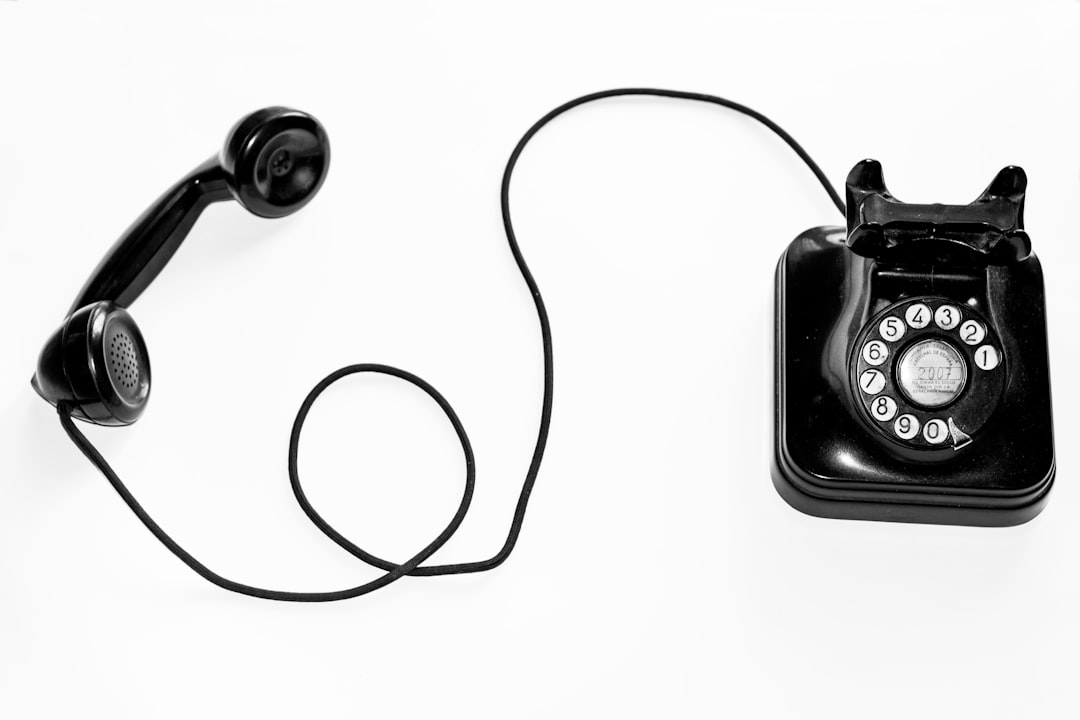Florida's Telephone Consumer Protection Act (TCPA) strictly regulates telemarketers using autodialers, focusing on call frequency, consent, and recordkeeping. Non-compliance results in heavy fines. Telemarketers should engage an autodialer attorney Florida to stay within legal boundaries, ensure consumer consent, maintain detailed records, offer opt-out options, and conduct staff training, thereby avoiding penalties and enhancing market reach.
In the competitive landscape of Florida telemarketing, adhering to the Telephone Consumer Protection Act (TCPA) is non-negotiable. This article guides Florida telemarketers through the intricacies of TCPA laws, focusing on key areas like autodialer usage and consumer consent verification. We explore best practices to avoid stringent penalties and offer valuable compliance strategies, emphasizing the importance of legal counsel from an experienced autodialer attorney in Florida for navigating this complex regulatory environment.
TCPA Laws: Florida's Telemarketer Guidelines

In Florida, telemarketers must adhere to strict guidelines set by the Telephone Consumer Protection Act (TCPA), a federal law designed to protect consumers from intrusive marketing practices. These rules are particularly important when using an autodialer, as they limit the number of calls made and require explicit consent from recipients. An autodialer attorney in Florida can help ensure compliance with these regulations, which include restrictions on the timing of calls, mandatory do-not-call lists, and detailed recordkeeping of call activities.
Florida’s TCPA guidelines further mandate that telemarketers obtain verbal or written consent before placing automated calls, except for specific instances like calls to individuals on a company’s internal calling list or those who have given explicit permission. Failure to comply with these rules can result in significant financial penalties and legal repercussions. Therefore, it’s crucial for Florida-based telemarketers to consult an autodialer attorney to stay informed about changing regulations and avoid costly mistakes.
Autodialer Usage: What's Legal and What's Not

In Florida, the usage of autodialers for telemarketing purposes is subject to specific legal restrictions outlined by the Telephone Consumer Protection Act (TCPA). While autodialers can be a powerful tool for businesses, understanding what’s legal and what’s not is crucial. Using an autodialer to make automated calls without prior express consent from recipients is generally prohibited under the TCPA, with exceptions for certain types of communications, such as those made for emergency purposes or by law enforcement agencies.
An autodialer attorney in Florida can help navigate these complexities. They can advise on obtaining proper consent, ensuring compliance with TCPA guidelines, and avoiding costly legal repercussions. It’s essential to remember that even if an autodialer is utilized, businesses must still adhere to fair and ethical marketing practices, including providing a way for recipients to opt-out of future calls.
Consumer Consent: How to Obtain and Verify

Consumer consent is a crucial aspect of the TCPA, especially for telemarketers in Florida who utilize autodialers. To comply with regulations, telemarketers must obtain explicit permission from consumers before initiating any automated calls. This involves obtaining written or verbal consent, ensuring clear communication about the purpose and frequency of calls, and documenting the consumer’s agreement.
An autodialer attorney in Florida can provide guidance on navigating these requirements. They can assist in drafting informed consent forms, training staff on obtaining valid consents, and implementing systems to verify and track consumer preferences. Regularly reviewing and updating consent management practices is essential to avoid legal repercussions, ensuring compliance with the TCPA and protecting both telemarketers and consumers’ rights.
Avoidance of TCPA Penalties: Best Practices

To avoid steep penalties and legal issues, Florida telemarketers should prioritize compliance with the Telephone Consumer Protection Act (TCPA). One effective strategy is to implement an autodialer system that allows for precise tracking of calls, ensuring only valid contacts are dialed. Engaging the services of a knowledgeable autodialer attorney in Florida can help set up and maintain systems that meet TCPA standards.
Best practices also include obtaining explicit consent from callers before dialing, maintaining comprehensive call records, and providing an easy opt-out mechanism during each interaction. Regular training sessions for staff on TCPA regulations are crucial to prevent accidental violations. By adhering to these guidelines, Florida telemarketers can minimize the risk of penalties while effectively reaching their target audience.
Compliance Strategies: Working with an Attorney

Staying compliant with the TCPA can be complex, especially for Florida telemarketers using autodialers. One of the most effective compliance strategies is to work closely with an experienced autodialer attorney in Florida. Legal experts specialized in this area can help navigate the nuances of the law and ensure your business operates within its strict guidelines.
An autodialer attorney can provide tailored advice based on your specific operations, offering strategies to minimize risks and avoid costly penalties. They can assist with crafting consent management protocols, training employees on compliance best practices, and implementing technical solutions to prevent unauthorized calls. By engaging a legal professional, Florida telemarketers can confidently navigate the TCPA landscape, fostering a robust and compliant sales environment.






